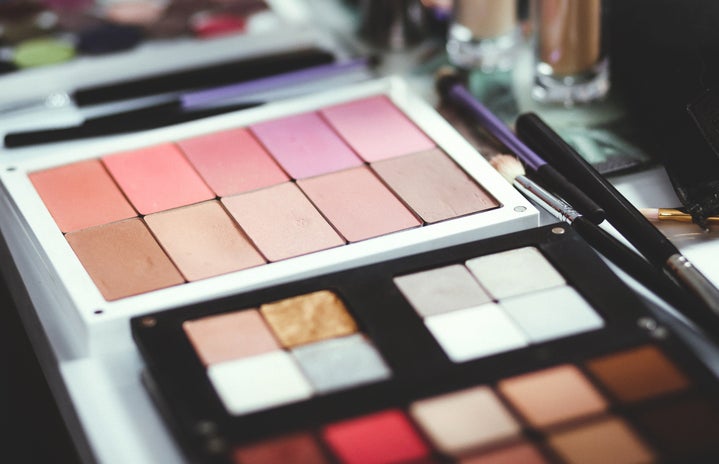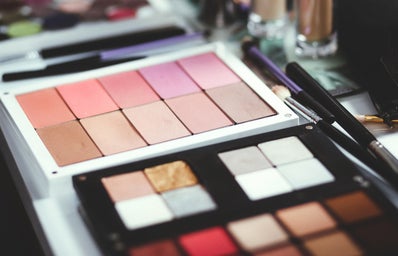The fight against fake, Photoshopped beauty is an ongoing process.
Small waist? Big bust? Long legs?
Society’s idea of the perfect woman has been so ingrained in us that it is hard to stop our minds from going to these predetermined characteristics. Finally, companies like Dove (remember the Real Beauty Sketches video?) are stepping up and taking action against this poisonous, unattainable image. They’re trying to get women to accept their flaws as what defines them and makes them beautiful.
Towards the end of 2013 and beginning of 2014, there has been an even greater push for change in the way women see and compare themselves to other women.
Global Democracy, a website designed to give all people a voice on different issues, released a minute long video showing how a model can be changed and distorted into what people call “beautiful.”
This was followed by the music video for “Nouveau Parfum,” a song by Hungarian artist Boggie otherwise known as Boglárka Csemer. It surpassed the Global Democracy video with over 2.5 million views on YouTube.
In the video, Csemer is first shown in her natural state: tired and without makeup. As she begins to list various makeup and fashion companies such as Prada, Chanel and Burberry, a program similar to Photoshop pops onto the screen. From there, the magic of Photoshop takes over as she sings.
Through the use of different tools, her face is made brighter, her neck is made slimmer, and her hair is made fuller among other changes.
Her words add even more depth to the image on the screen. After listing off the companies, she questions why she accepts what the companies tell her. She sings “Je ne suis pas leur produit,” (I’m not their product) and emphasizes that she is her own person. Csemer, through her song, gets across the message that while companies are trying to create the ideal woman, the average woman should be comfortable with herself because the average woman is unique. Rather than being distorted into a shadow of their former selves, women should embrace their natural beauty.
If her words don’t get this point across, the final image does.
The right half of the image shows how she was naturally, and the left image is the final product after all the editing took place. While the left image may be “prettier,” it is not real and that is the point these campaigns are trying to send across first and foremost.
How can women aspire to be the “perfect woman” when she only exists in pixels and not in reality?


